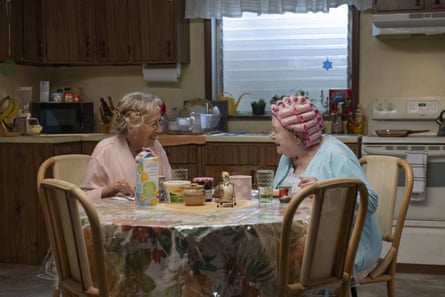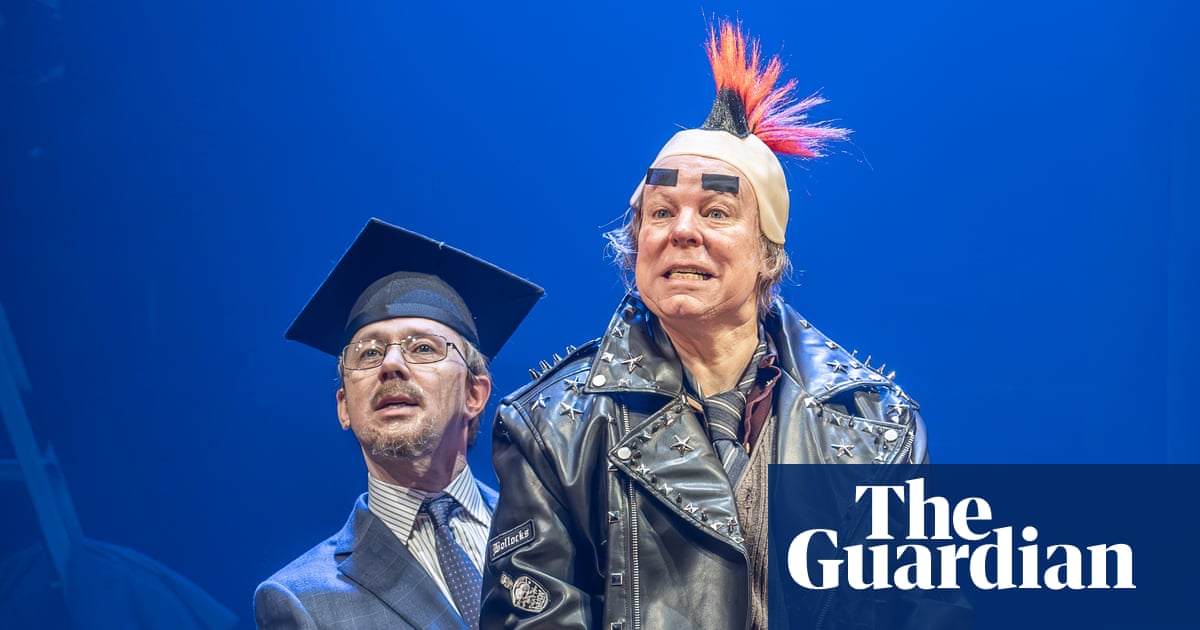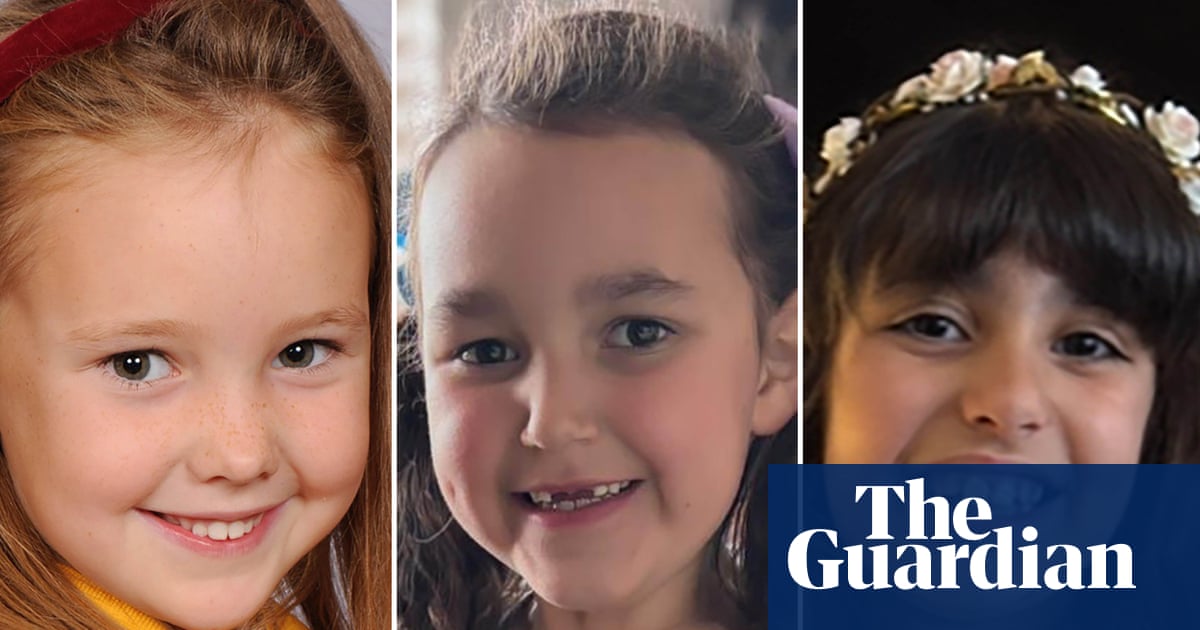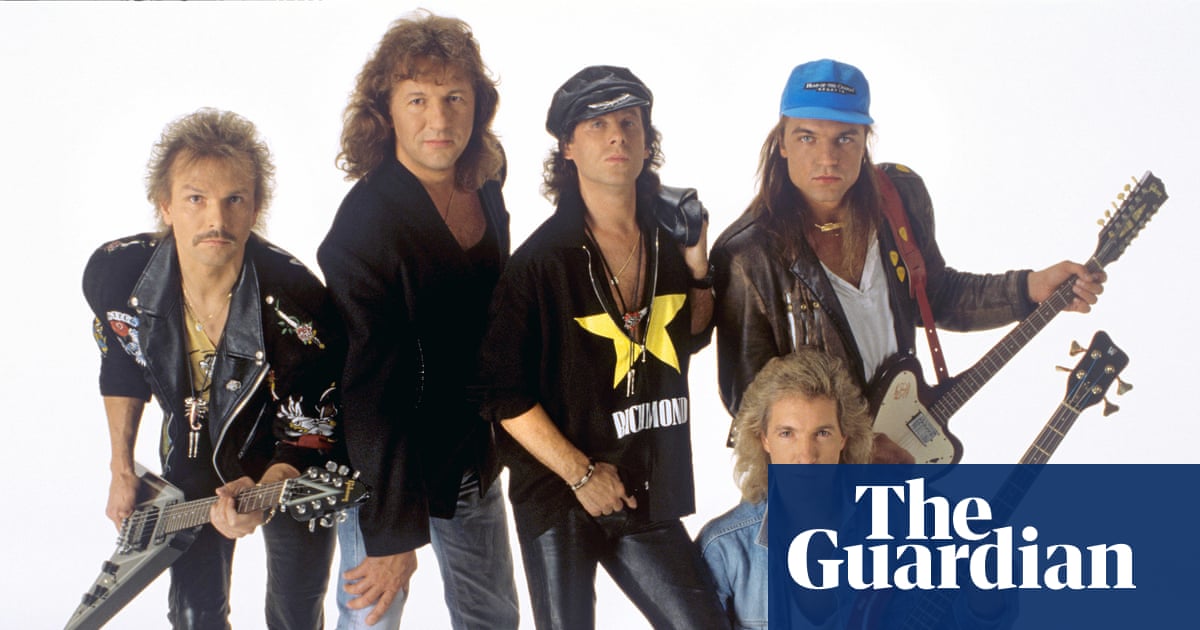Scarlett Johansson’s directorial feature debut, from a screenplay by Tory Kamen, is honestly intentioned and sweetly acted – notably by the film’s 95-year-old star June Squibb, whose remarkable career renaissance began with her being nominated for a best supporting actress Oscar for Alexander Payne’s 2013 film Nebraska. But this frankly odd film is misjudged and naive about the implications of its Holocaust theme. Its bland, TV-movie tone of sentimentality fails to accommodate the existential nightmare of the main plot strand, or indeed the subordinate question of when and whether to put your elderly parent in a care home.
Squibb plays Eleanor Morgenstein, a widowed Jewish lady with a waspish way of speaking her mind to condescending youngsters, including the blandly unhelpful teen working in a supermarket who presumes to tell Eleanor that all pickles taste pretty much the same – although it is difficult to tell exactly how mean twinkly-eyed lovable Eleanor is supposed to be for humiliating the admittedly dopey kid. She lives in Florida, sharing an apartment with her adored best friend Bessie Stern (Rita Zohar). Bessie is also widowed and Jewish, but unlike the US-born Eleanor, Bessie is a Holocaust survivor who is tormented by the horrifying experience, by the memory of her beloved brother who did not survive, and also by the fact that she has never experienced even the partial catharsis of telling her story publicly, having only told Eleanor.
When Bessie dies, Eleanor moves back in with her harassed, divorced daughter Lisa (Jessica Hecht) and grandson (Will Price) in their small New York apartment and, from the first, feels sad and lonely. So she joins a Jewish seniors social group in the city, but is mortified to discover, too late, that it is specifically for Holocaust survivors. And so, poignantly keen to fit in and find companionship, Eleanor pretends to be a survivor, recycling Bessie’s memories and telling herself she’s honouring Bessie’s memory.

What could possibly go wrong? Well, the group is attended by NYU journalism student Nina (Erin Kellyman) who becomes best pals with the feisty Eleanor. Nina’s late mum (whose death was agonisingly recent) was Jewish, and Nina is moved by Eleanor’s amazing story and by her intention to get a late-life bat mitzvah; her resulting article interests Nina’s TV news commentator dad, Roger Davis (Chiwetel Ejiofor).
The scene would appear to be set for the most sulphurous black horror non-comedy, surely: an unthinkable humiliation. But when the inevitable happens, nothing much happens at all, as if the film itself wishes to protect sweet old Eleanor from the amazingly stupid and dangerous thing she did. We segue quickly to the tedious non-issue of Roger needing to own his grief, as if that were comparably important or interesting. Everyone accepts Eleanor’s defence about honouring Bessie’s memory and the story isn’t picked up by anyone else. But all grownups know that Holocaust survivor imposture is a serious issue, because such cases can be seized on by neo-Nazis and Holocaust deniers. And it is very fatuous for the “journalists” in this movie not to mention this at all.
Then there is the care home issue. Lisa keeps hinting Eleanor would be better off in one. Eleanor is furious and adamant that she doesn’t want that, and the audience might well agree. She is, after all, razor-sharp mentally and in excellent physical shape. But finally, she seems to blandly accept going into a home. Why?
Johansson has movingly spoken about her own Jewish heritage and about her family forebears who were murdered during the Holocaust in the Warsaw ghetto. But sadly her Eleanor is far from great.

.png) 3 months ago
51
3 months ago
51

















































